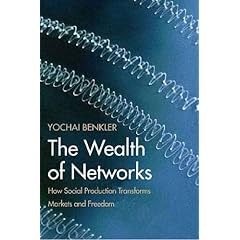Australian Minister of Communications Helen Coonan today announced the formation of a National Do Not Call Register. The Register, which is due to be up and running by early 2007, will allow individuals and small businesses to opt out of receiving unsolicited telemarketing calls. There will be no cost for listing in the Register.
Enforcement of the Register, which will apply to all telemarketers operating in Australia (and overseas telemarketers representing Australian companies), will include warnings, fines, formal directions, and financial penalties. The Register will not apply to organisations that may have public interest objectives (ie, charity groups and persons undertaking social research), nor to companies with an existing commercial relationship with the individual or small business.
The cost of setting up the Register is estimated to be A$33 million, with the Government providing A$17.2 million, and the remainder to be provided by industry.

